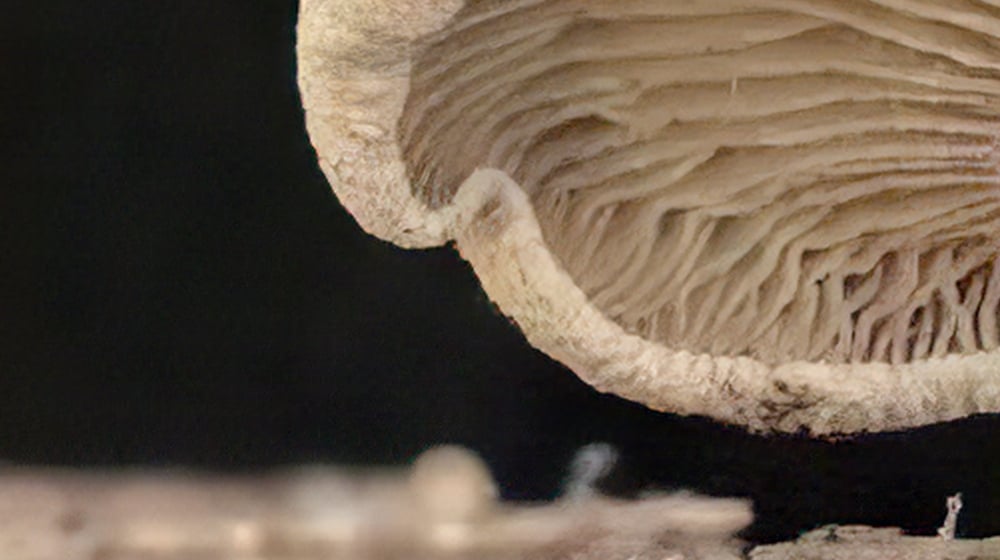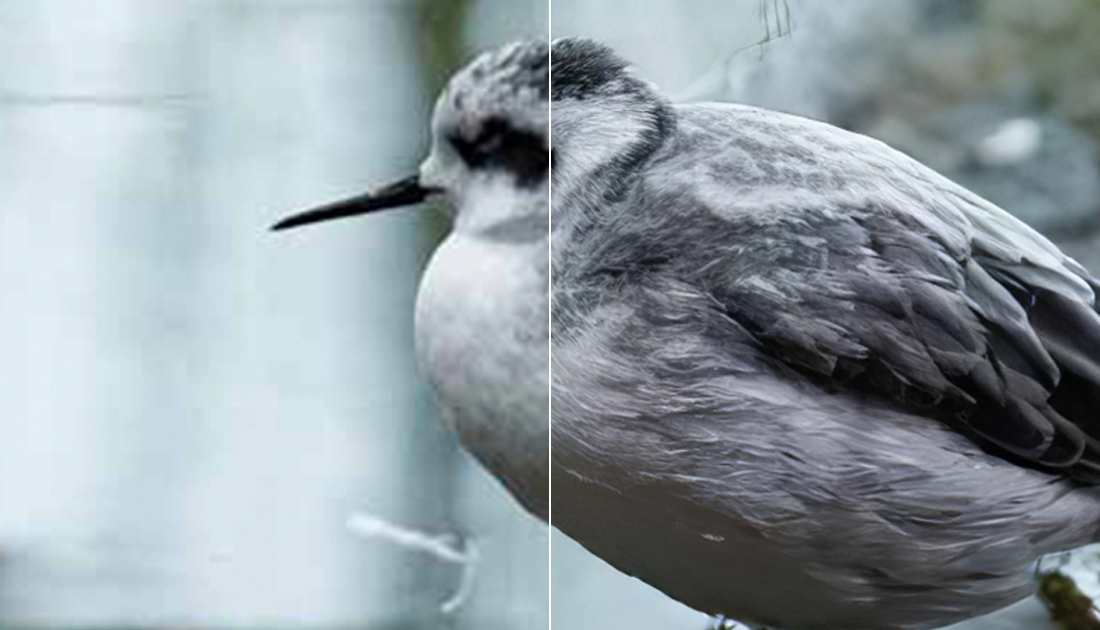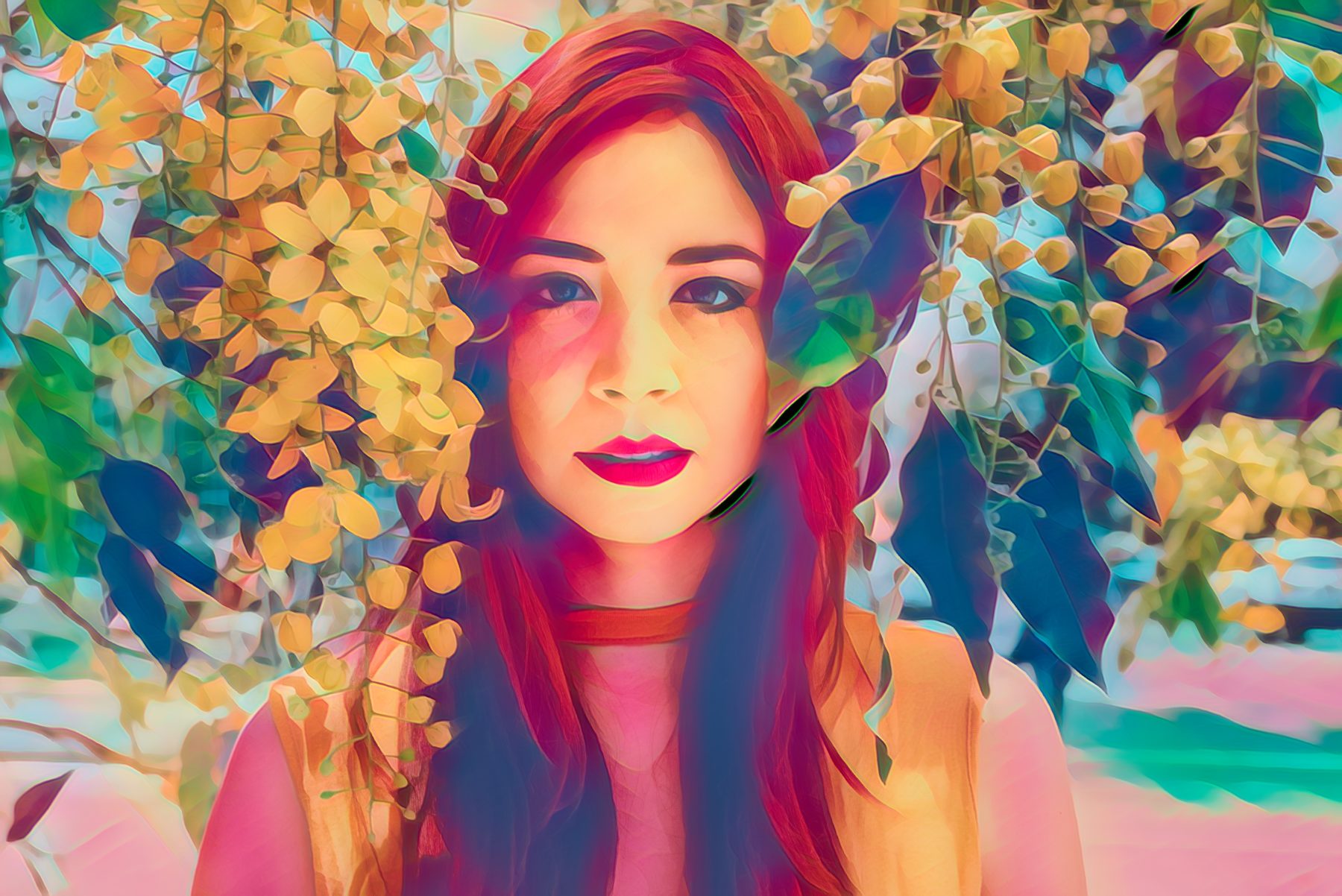
Mask AI Overview
- Introduction to Mask AI
What is Mask AI?
Mask AI is an intelligent tool that allows you to create a mask quickly and accurately by using the power of AI technology. Compared to Photoshop, Mask AI doesn’t need tedious brushwork to get a high-quality mask. And there’s no need to learn complicated icons and tools. With Mask AI you only need to roughly outline your subject in blue, one click fills what you want to cut, one click fills what you want to keep, and press “Compute Mask”. It’s really that simple. Our neural network has been trained to distinguish tough edges, so you can get a great mask on the first attempt.
What should I use it for?
You should use Mask AI anytime you need a mask in your workflow especially challenging and detailed masks. It can be a pain to make a good cut-out in Photoshop, and it can take up an entire day’s work. Mask AI’s intuitive color-coded system reduces it to 4 simple steps: keep, cut, compute, and replace.
Is Mask AI a plugin or standalone?
Mask AI functions as a standalone application or as a plugin for Photoshop and Topaz Labs Studio 2
- What's New?
Mask AI includes machine learning for a more accurate mask with less refining required and less user input (an answer to all photographers’ prayers!). We’ve built Mask AI from the ground up to include our latest technology, so you can power up your workflow. Here are a few things we think you’ll enjoy:
1. The Auto-Trimap tools: Our unique Trimap technology provides you with a quick way to let the program know what you’d like to mask. There is a Auto-Detect Subject and Auto-Detect Sky. Auto-Detect Subject will quickly cut away the background, keep the subject and determine what needs to be computed around the subject. Auto-Detect Sky will cut away the sky for easy sky replacement.
A word of advice: Be sure to check over the auto-trimap before hitting “Compute”. There may be areas the program missed. Also, please be aware the auto-trimap will not detect every subject.
2. Mask, Translucent and Contrast modes:
The AI mode is the ideal mode for more complex masking tasks, like trees, hair, fur, or any image containing a lot of details.
The Translucent mode is a special AI mode perfect for fabrics and semi-transparent materials such as veils or mesh. Please note this mode is not meant to work on glass objects because of its reflective qualities.
The Contrast mode it great for simpler subjects with simpler backgrounds, which have little contrast separation between foreground and background. For example, objects with straight lines and buildings.
3. Manual Trimap Masking:
MASK (Blue) – Region for AI to draw the mask edge.
KEEP (Green) – Region you define as the foreground. This is preserved.
CUT (Red) – Region you define as the background. This is removed.
4. Refining:
The same tools used to create the Trimap will help you refine your mask! The Red cut brush will help you eliminate areas, the Green keep brush will help you brush back in areas you want to retain, and the Blue compute brush will compute a certain area again. When refining, you’ll have the option to uncheck “Auto-update mask with changes”, and make brush strokes without the program computing after each stroke. Once you’re finished making refinement strokes, you can then select “Update Mask.” This is purely a user preference, so you can select what fits your workflow.
5. Color Range Tool:
The Color Range tool can be used to select the color range you want to Keep or Cut from the image. It can be used to construct your mask or as a refining tool. If you use it to construct your mask you use the Keep or Cut brush and paint over the image after picking a color. If you are going to use it as a refinement tool, once you have computed your mask, you select a color and then use the Keep or Cut to refine the edges of the mask.
- System Requirements
Operating System
Windows: Windows 7, 8, 10 (64-bit only)
*As of Jan 14, 2020, Microsoft has ended its support for Windows 7.
Mac: macOS version 10.12 (Sierra) and above
We currently do not support Linux-based operating systems.
Graphics Drivers and OpenGL
Your system’s graphic drivers need to be fully up to date, which you can accomplish by following this guide:
Our apps also require OpenGL version 3.3 or later.
Hardware Requirements
CPU
| Intel | AMD | |
| Minimum | Intel i5 or equivalent (3.0GHz and above) | Ryzen 5 or equivalent (3.0GHz and above) |
| Recommended | Intel i7 or greater (4GHz and above) | Ryzen 7 or greater (4GHz and above) |
GPU/Graphics Card
| Nvidia | AMD | |
| Minimum | 2GB of dedicated VRAM (GT 740 or greater) | 2GB of dedicated VRAM (Radeon 5870 or greater) |
| Recommended | 4GB of dedicated VRAM (GTX 970 or greater) | 4GB of dedicated VRAM (Radeon RX 460 or greater) |
| Optimal | 8GB of dedicated VRAM (GTX 1080 or greater) | 8GB of dedicated VRAM (Radeon RX 580 or greater) |
- Minimum: Requirements for application to function, users should expect slow performance, large files may cause crashing
- Recommended: Users should experience no performance issues, though slowness may occur with large files
- Optimal: Users should not experience any performance issues
-We do not support Intel HD Graphics 4600 or lower.
RAM
Minimum: 8GB
Recommended: 16GB
Optimal: 32GB
Monitor
A monitor that outputs at a resolution of at least 1024 x 768 is recommended.
- Purchasing and Downloading a Trial
Where do I purchase Mask AI?
You can find Mask AI on the Topaz website at topazlabs.com/mask-ai. To purchase, head to the Topaz Store.
How Do I start a trial?
First, if you are new to Topaz Labs, create an account on the Topaz Labs My Account Page. Next simply download Mask AI from the Topaz Labs Downloads Page, login using your account information, and select “Start Trial” to begin your free 30-day trial.
- Installing Mask AI
Windows
- Download from topazlabs.com/downloads
- Double-click the download in the bottom left of the screen (Note: You can also find it in your Downloads folder}
- Follow the prompts in the installer
- Restart your computer (optional, but recommended)
- Open the application as a standalone to make sure it is working
Mac
- Download from topazlabs.com/downloads
- Double-click the download in the bottom left of the screen (Note: You can also find it in your Downloads folder}
- Follow the prompts in the installer
- Restart your computer (optional, but recommended)
- Open the application as a standalone to make sure it is working
Topaz Labs Blog
Find written and video tutorials to guide you through creative processes in Topaz software. Start creating a masterpiece today!
Topaz Help Center
Got a question? We’ve got answers. Find troubleshooting, tips, and more, or contact our Support Team.















